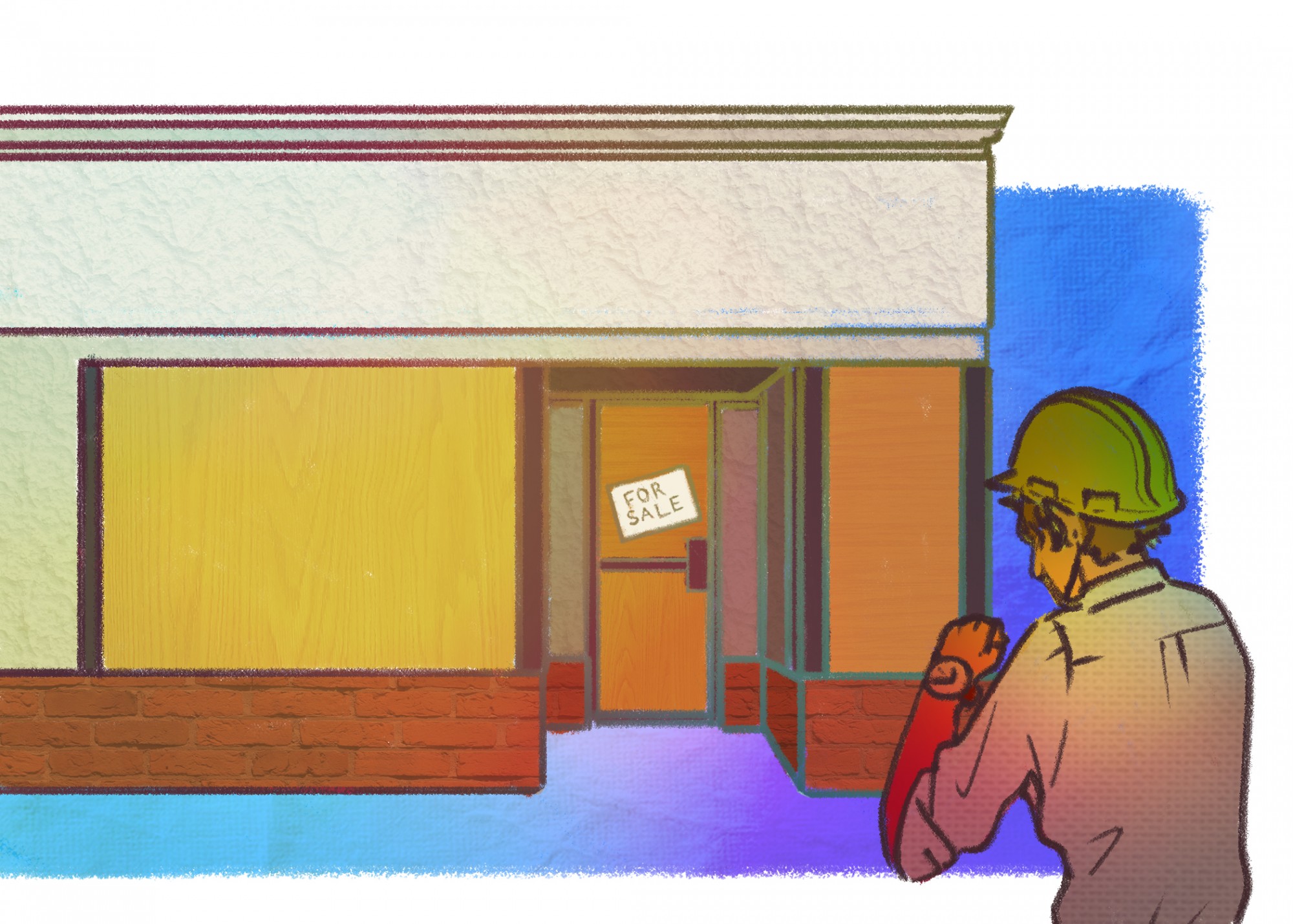A new ordinance could require developers or property owners to notify the city before the sale of certain properties, giving communities citywide the potential for greater input.
The ordinance, authored by City Council members Alondra Cano and Cam Gordon, would require prospective property buyers or sellers to notify the city before commercial- or industrial-zoned properties are sold. The proposed ordinance, introduced to the city council last month, was spurred from community concern over what would happen to properties damaged during the riots on Lake Street.
If approved, the notice could give city and community stakeholders a greater ability to respond prior to the sale. For some University of Minnesota-area neighborhoods, this could mean more time before certain developments move forward to be approved.
As damaged properties are being rebuilt on Lake Street as a result of riots following the police killing of George Floyd, community members expressed concern over what would happen to these properties, like possible sales to outside investors, Gordon said. City staff is still working out specifics to the ordinance, and the timeline for a vote is unclear.
Typically developers must notify surrounding neighbors of proposed developments seeking city approval but do not need to notify the sale of property in advance.
The ordinance could give the city an opportunity to work with other partners to do what is best for the city and its community – particularly for the Lake Street properties, said Gordon, who represents several University-area neighborhoods, including Prospect Park and Southeast Como. The sale notices would be in the public domain in some way, such as a website listing, but specifics have not yet been worked out, he said.
Gordon said a potential aspect of the ordinance would be to reach out to the tenants of the properties, like restaurants, to make sure they are aware of it.
While the focus is on properties near Lake Street, the new ordinance would likely be applied citywide. Several University-area developments have been built in commercial and industrial zones, which Marcy-Holmes Neighborhood Association land use committee chair Marcus Mills said might have had a different outcome if the public knew about the potential for a sale.
For example, the former General Mills site development in Marcy-Holmes was highly debated by neighbors. If the public had more time to learn about the development, Mills said more productive discussion could have taken place.
Neighbors would likely want the opportunity to have “an advanced thought on what’s coming in” so they can start “strategizing how they’d like to communicate with the developer on it,” he said.
With the proposal as-is, this additional step for developers will not be too impeding time-wise, said commercial real estate expert Susan Carlson Weinberg. But if buyers had to notify neighbors in a similar fashion to developments seeking city approval, then that could slow development.
“Time is money,” she said. “Once you add additional requirements, additional steps, [then] you add additional time to the project, and you add additional cost.”
Mills said advance notice could help developers assess community impact before fully investing in a specific design for development.
“Do I believe most developers are going to bother with that? No, but it’s a good potential starting place,” he said.














